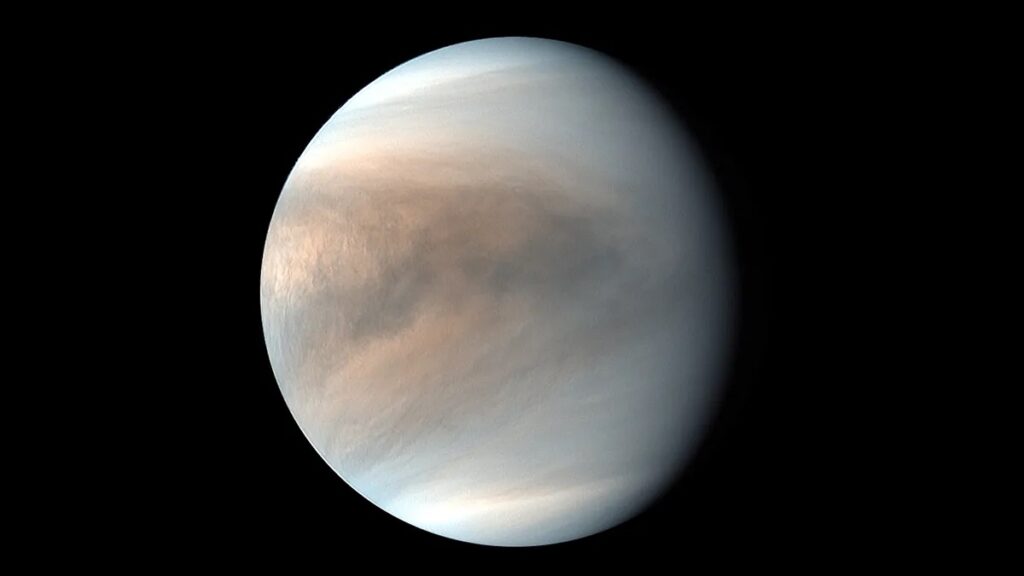Japan’s space agency said it has lost contact with its intrepid Venus spacecraft Akatsuki.
Akatsuki is the Japanese mission dedicated to studying the climate of Venus and currently the only active spacecraft orbiting the second planet from the Sun. The $300 million spacecraft launched in 2010 and had a less-than-stellar start to its mission. It failed to enter orbit around Venus due to a main engine failure. However, the mission team managed to come up with a second chance in 2015 after orbiting the Sun for five years and successfully entering orbit.
The spacecraft, also known as Venus Climate Orbiter, has been researching and making several ever since unexpected observations. However, these activities may now be at an end.
Related: Venus is leaking carbon and oxygen, and scientists aren’t sure why
JAXA’s mission account for Akatsuki Posted on X Wednesday (May 29) that the Institute of Space and Astronautical Science (ISAS) had “lost contact with Akatsuki following an operation in late April due to an extended period of low stability control mode, and is currently attempting to re-establish communications with the spacecraft.”
The spacecraft will need to be able to maintain a stable orientation in order to aim its antenna and communicate with it Soil.
“We will inform you about future plans once they are resolved. Thank you for your warm support,” read a second message from the Akatsuki team.
Akatsuki, which means “dawn” in Japanese, has already completed its primary mission. The spacecraft entered an extended operational phase in 2018.
Even if Akatsuki cannot be saved this time, the mission proved the problem-solving skills of JAXA engineers and advanced our understanding of Venus’ climate and atmospheric dynamics.
RELATED STORIES
—Molecule responsible for robbing Venus of its water may have finally been identified
— Wispy ice clouds may form above Venus’ infernal surface
—Venus has thousands more volcanoes than we thought, and they may be active
And even if Akatsuki is indeed dead, Earth’s sister planet may not go unnoticed for long. Questions about why Venus suffered from a strong greenhouse effect, making it the hottest planet in the solar system, and tantalizing measurements of potential biomarkers in its atmosphere are bringing renewed interest to the planet.
New missions, notably from NASA, the European Space Agency, India and a private mission, could be heading to Venus later this decade.
Originally published on Space.com.

